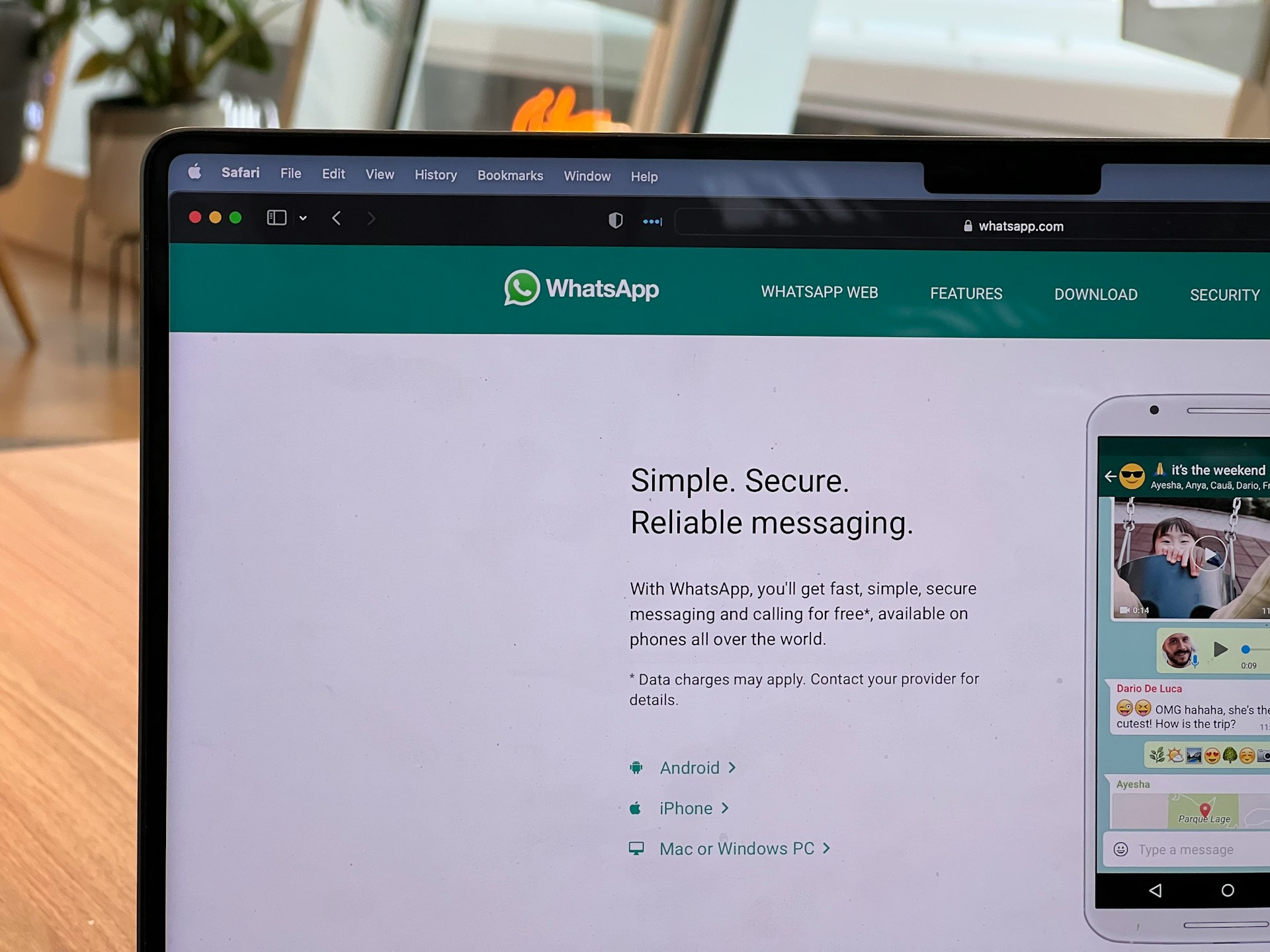WhatsApp AI Privacy Features Now Live — 3B Users, Zero Compromise on Security

Meta officially announced that WhatsApp has now surpassed 3 billion monthly active users, one of only a handful of applications ever to reach this level. With its growing user base, Meta is increasingly building upon a strategic employment of the WhatsApp AI privacy features with the intent of balancing innovation with its longer-standing commitment to encryption and security.
A New Era for WhatsApp’s Growth
Founded in 2009 and acquired in 2014 by Meta for $19 billion, WhatsApp has remained free of charge and ad-free. Today, with 3 billion users, it is one of Meta’s biggest platforms, alongside Facebook. WhatsApp enjoys the benefit of heavy engagement from its end users, especially outside the U.S., and it serves as an essential distribution channel for Meta’s AI tools.
WhatsApp Leads Meta’s AI Strategy
During the earnings release announcement of Q1 2025, Meta CEO Mark Zuckerberg and CFO Susan Li noted that the One-to-One WhatsApp AI privacy features are being strongly used. Meta AI, the company’s generative AI assistant powered by the LLaMA model, is thoroughly integrated with WhatsApp and continues to be refined for a safer, improved experience.
Recently, the separate-use Meta AI app was launched to increase its foothold within the U.S., where stock messaging apps rule the roost. Meanwhile, for the other side of the plot, WhatsApp still stands as its strongest foothold for rolling down AI encounters on a large scale.
Business Integration With AI
On the other hand, the WhatsApp Business Platform is gradually iterating. Businesses may now associate their websites, WhatsApp profiles, and social media pages to train Meta AI. Meta is evaluating the deployment of chatbots inside WhatsApp to attend to customer queries. Here, too, privacy features of WhatsApp AI will ensure that sensitive data arising from business interactions is protected.
Introducing Private Processing
Among the flagship features comes a new privacy technology called Private Processing. Built to address skepticism around data privacy, it ensures that interactions with Meta’s AI assistant won’t compromise end-to-end encryption.
Private Processing, as other AI privacy features of WhatsApp, uses a secure method comprising a “Trusted Execution Environment” that segregates sensitive data from Meta, WhatsApp, and external access. The system uses the data for a very brief time and in a secure manner; the system will stop processing and alert if any tampering is detected.
Further, to give additional protection into the users’ hands, WhatsApp has put in a new feature called Advanced Chat Privacy, which prevents others from using AI features in a shared conversation. The settings here are again opt-in, transparent, and in line with WhatsApp’s long-existing privacy framework.
Why Privacy Still Matters in the AI Age
Meta is moving towards giving every AI system a platform. Higher stakes mean greater gains. There is one view: generative AI tool chains need some degree of access to their users’ data, perhaps clashing with WhatsApp’s encryption. But with WhatsApp AI privacy measures based on minimal data retention and maximum transparency, Meta is trying to demonstrate that secure AI is not a question of possibility but scalability.
What Comes Next
The company will open-source some parts of Private Processing infrastructure and continue encouraging outside audits. The company is betting on trust as a competitive edge, especially in countries where data protection laws are stringent, considering WhatsApp AI privacy features are becoming a pillar of its philosophy.
As the messaging platform evolves, maybe the success of WhatsApp will become a textbook example of how to bake AI into everyday apps, keeping user privacy intact.
Follow us on WhatsApp, Telegram, Twitter, and Facebook, or subscribe to our weekly newsletter to ensure you don’t miss out on any future updates. Send tips to editorial@techtrendsmedia.co.ke



